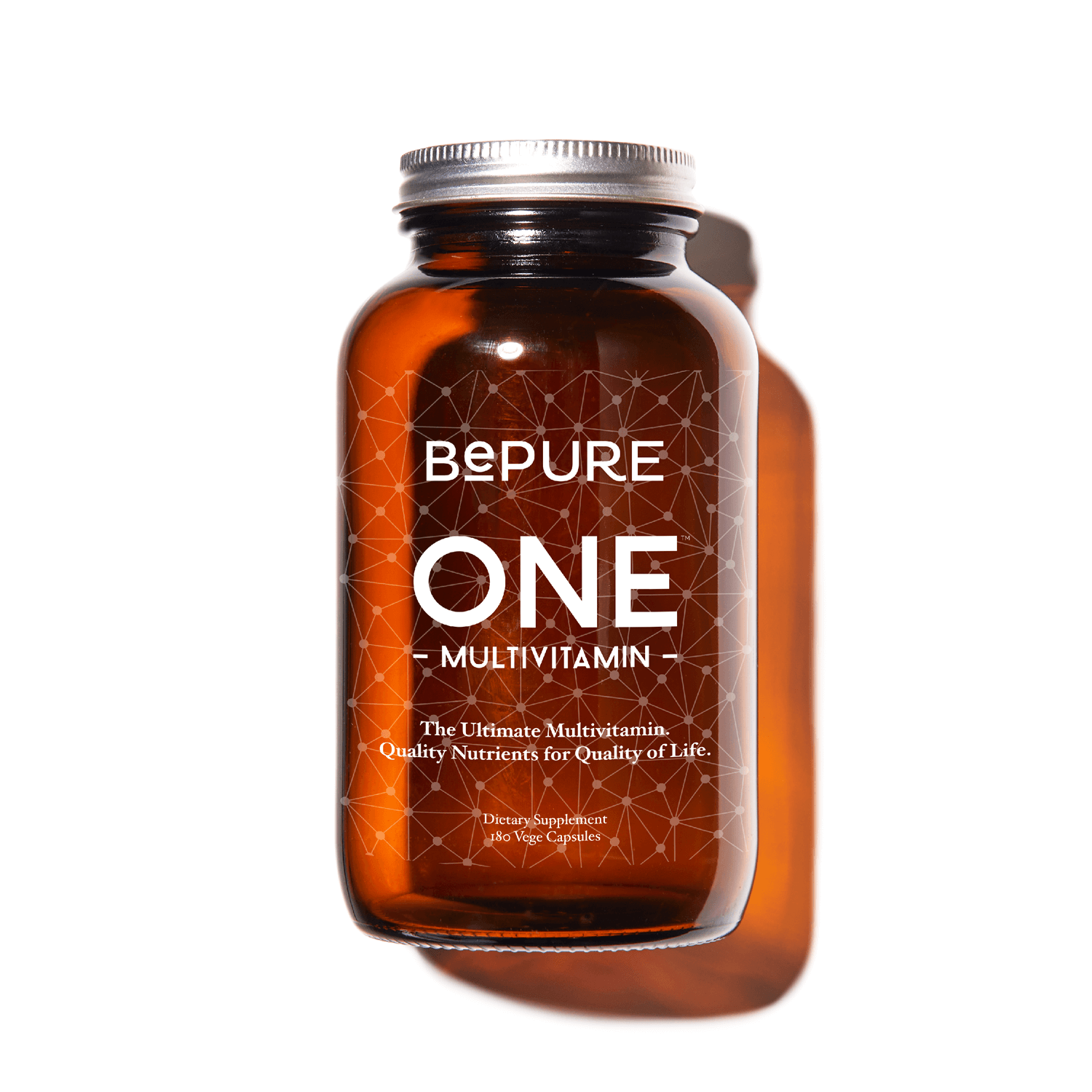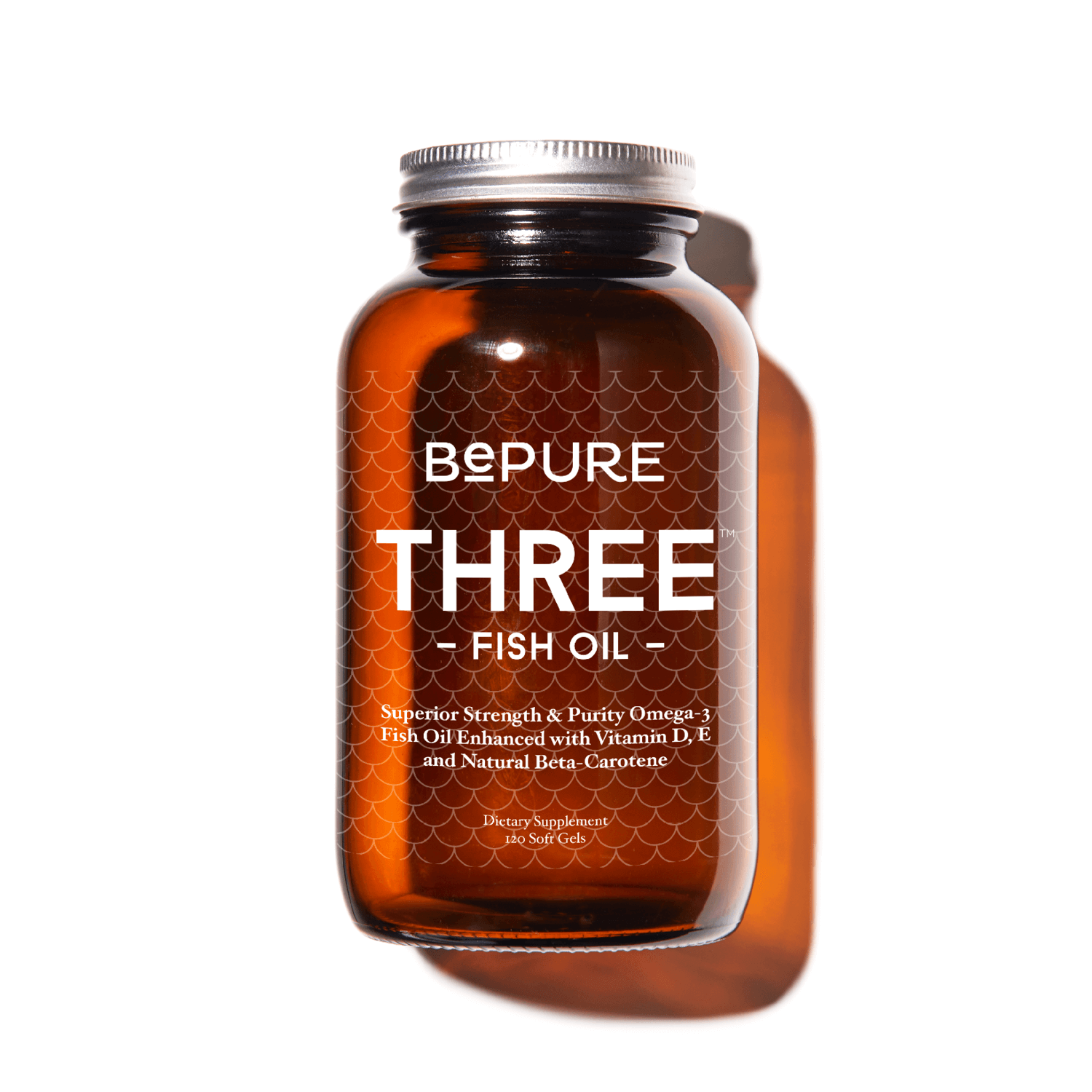Every major metabolic pathway in our body depends on micronutrients (our vitamins and minerals). The key to good nutrition, health and abundant energy is ensuring we have enough of these micronutrients.
Zinc is a vital mineral and is involved in over 200 enzyme reactions within our bodies, making it one of the first deficiencies we look at with all our clients. A zinc deficiency often means poorer absorption of zinc from high-zinc foods.
In this blog, we're going to look at zinc specifically and cover why we need it, why we, as New Zealanders, aren’t getting enough and what can happen if you suffer from zinc deficiency.
Zinc: A key nutrient for total health and energy
Zinc is a vital nutrient for healthy immune function, energy and metabolic regulation, as it is needed to make insulin. It is also key to male reproductive health.
Several New Zealand studies have suggested that many adolescent girls have low zinc intakes, which fail to meet their growth needs. Intakes of pre-menopausal women may have fallen over time and for older women, low zinc intakes are a big concern.
This appears to be partly because we are are eating less zinc-rich food such as red meat and seafood and partly because food-processing methods often remove a lot of the zinc, for example, highly processed grains.
Because of problems with the quality of our soils and a loss of nutrients through food storage and preservation, getting these vital nutrients is harder than ever before. We also use nutrients more quickly because the stress of modern living places a huge demand on our body.
How to tell if you’re zinc deficient
If you are zinc-deficient, you may be symptomatic. Common symptoms of zinc deficiency include;
- Suppressed immunity, frequent colds or infections
- White spots on your finger nails
- Infertility, especially male factor infertility. You won’t necessarily know if you suffer from infertility as a male without testing, however, if you and your partner have failed to conceive within a year, testing for zinc deficiency could be helpful
- Acid reflux, indigestion or heartburn
- Depression and anxiety
- Hair loss
- Diarrhea
- Acne
- Loss of appetite
- Slowed growth in children
- Loss of smell or taste.
If you are deficient in zinc, we recommend supplementing with 2 capsules of BePure Zinc Restore daily. For most people, two months of supplementation should boost their zinc status to a level where it can be maintained with BePure One.
Getting Zinc From a Food Source
In addition to supplementation, increasing your dietary intake of zinc is important for maintaining your zinc levels. Once you become zinc deficient, it's very difficult to improve your body's zinc levels solely from food, as the absorption of zinc relies somewhat on having enough zinc.
As an example, you may use all your zinc recovering from an operation, as it's heavily used in wound healing. If this happens, you can no longer get zinc from food, and so slowly, your health decreases. It's not until you begin to supplement a high-strength, high-bioavailable form of zinc, like BePure Zinc Restore, that you can get your zinc levels back up and then be able to maximise your zinc from food sources again.
Foods high in zinc include:
- Oysters, and other seafood (crab, lobster, mussels)
- Red meat, especially beef
- Chicken and pork
- Cashews
- Chickpeas
- Hard Cheeses
What next?
- Include high-zinc foods in your daily diet
- Incorporate a highly bioavailable source of zinc into your supplement intake to ensure you're getting enough of this hard-working mineral



